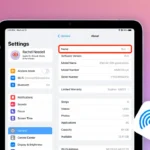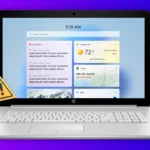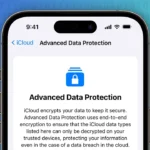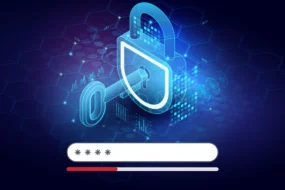Whether you’re working from home or attempting to run a business, you are likely already aware of the heightened importance of cybersecurity. After all, 2021 saw an all-time record high number of cyberattacks against individuals across much of the world, with criminals often taking advantage of the lack of cybersecurity skills that many WFH-ers share. If you want to avoid the potentially devastating personal, financial, and reputational costs of a successful cyber-attack, now is the time to master cybersecurity best practices. Fortunately, doing so is now easier than ever and requires virtually no effort. If you’re looking to stay safe in 2023, here are the easy-peasy habits for better cybersecurity that you pick up in the year ahead.
Stay Informed
The problem with cybercrime is that the threat is constantly changing. You might think you are well-versed in the different types of malware and fraud attacks out there, but unless you stay informed and updated, the latest tactic of savvy criminals could catch you off-guard. That’s why our number one security habit for 2023 is to stay informed. There is no shortage of fantastic resources that will keep you attuned to the latest threats and protections out there.
For a start, there is this stellar list of the top cybersecurity podcasts in 2023, which features entertaining weekly series from the cybersecurity sector’s top experts, so that you never miss a beat. There are also some highly informative blogs out there from those at the forefront of the cybersecurity war, with the blogs of Andrew Hay, Dan Kaminsky, and Elie Bursztein all standing out as great examples.
Meanwhile, major news publications such as The Guardian, The Financial Times, and The Wall Street Journal all have dedicated cybersecurity sections to keep you abreast of all of the latest developments.
Take a New Approach to Passwords

Once you know how to make your passwords and logins impenetrable to most cybercriminals, you can stay protected with virtually no effort. There are plenty of steps that you can take right now to future-proof your passwords that will take less than the time it takes you to read this article. For one, change your password to something that is not easy to guess, and make sure to include special characters.
Repeated studies have shown that the most common password in the world today is “123456”, followed shortly by “password”, and “12345”. One thing that all of these – which constitute 10% of all passwords in use worldwide – have in common is that they take cybercriminals an average of less than one second to crack. Simply changing your password to one with special characters and a mixture of upper and lowercase characters that is unique to you immediately reduces the likelihood of a successful breach by 99%.
Even better, switch to a fully passwordless or multi-factor authentication login, making use of Face ID, fingerprints, or text verification to ringfence your login details. Expert reviews of cybersecurity show that having any one of the MFA measures in place blocks around 99.9% of all attempted account hacks. Even using a free password manager such as those offered by Google or Apple is more than sufficient to protect against the vast majority of threats.
Automate Your Security

Did you know you can automate most of your cybersecurity tasks without lifting a finger? All you need to do is fine-tune the settings on your devices and software. As a basic starting point, head to your computer and smartphone settings and set all of your updates to automatic. By getting your updates as soon as they become available, you automatically protect yourself from most emerging threats.
This is because software and OS companies are constantly on the lookout for the latest breach attempts and cybersecurity vulnerabilities. When they spot a gap in their defenses, they immediately work to patch it, with the fix being included in your next update. To cite just one example of why these updates are so important, let us recall the infamous Equifax data breach, in which the financial details of 143 million Americans were stolen.
In this case, Equifax had noticed the vulnerability that would be exploited by the hackers two months earlier and had issued a fix for it. However, since so few people updated their software, this solution had little impact. In addition, set your firewall software to automatic updates and scans, so that your security tools are always working on your behalf to keep you secure.
These simple, low-effort habits are more than enough to achieve airtight cybersecurity in 2023. Do it now, before you forget!
Keep reading:









